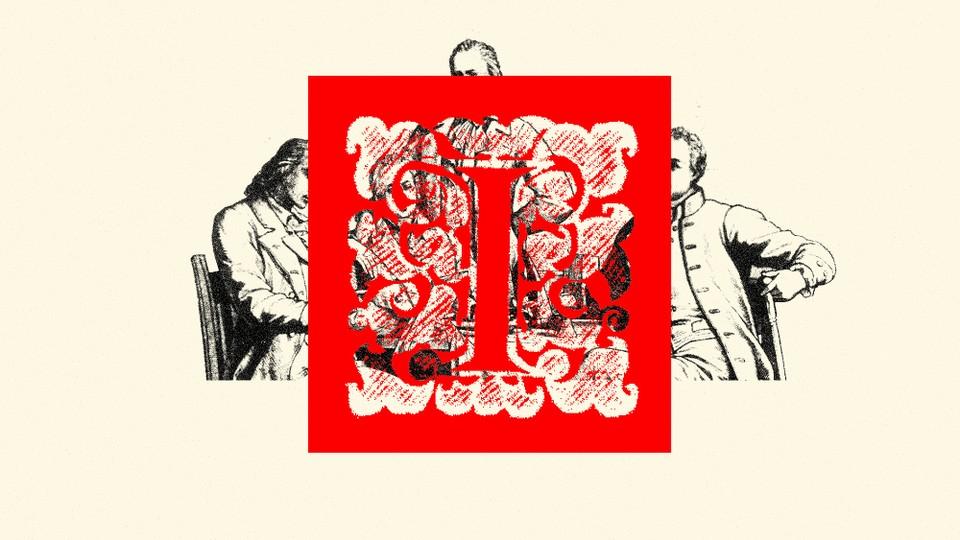UNLIMITED
Where Our Sense of Self Comes From

We accept as self-evident that each of us is free to think and form our own opinions, that we have autonomous selves. Western societies and institutions are founded on this spirit of individual freedom and self-determination. But it is becoming clear that this very core of Western democratic culture is being undermined—be it by Russia’s cyber interference in elections or the widespread dissemination of fake news on social media. Many people assumed that they were at least in control of decisions over their own bodies, until the Supreme Court overruled Roe v. Wade in June. Next up might be the reversal of the legalization of same-sex marriage and even a return to the criminalization of consensual gay sex.
All of these assaults on autonomy make it even more important to understand the beginnings of the modern self, the origins of that hard-won freedom. I spent the past several years looking for where this idea—taken for granted today, but once quite radical—first emerged and was surprised to discover that it was in a quiet university town called Jena, some 150 miles southwest of Berlin. It was there that, in the 1790s, a small group of rebellious playwrights, poets, and writers revolutionized the way we think of ourselves and the world.
I call them the “Jena Set,”. Among them were some of Germany’s most brilliant minds—the poets Novalis and Johann Wolfgang von Goethe; the playwright Friedrich Schiller; the philosophers Johann Gottlieb Fichte, Friedrich Schelling, and Georg Wilhelm Friedrich Hegel; the young scientist Alexander von Humboldt; the combative Schlegel brothers; the formidable Caroline Böhmer-Schlegel-Schelling. These thinkers began to seriously consider a number of existential questions: How do we have control over our own lives? Can we trust the knowledge produced by our minds? And perhaps most importantly, what does it mean to be free?
You’re reading a preview, subscribe to read more.
Start your free 30 days



